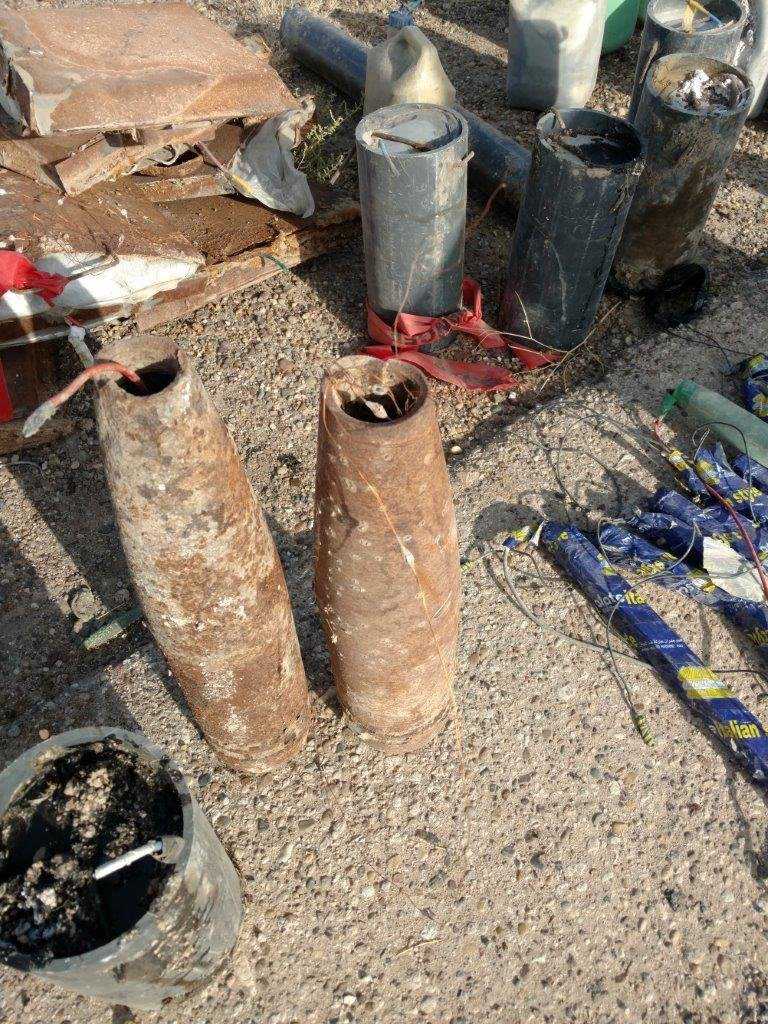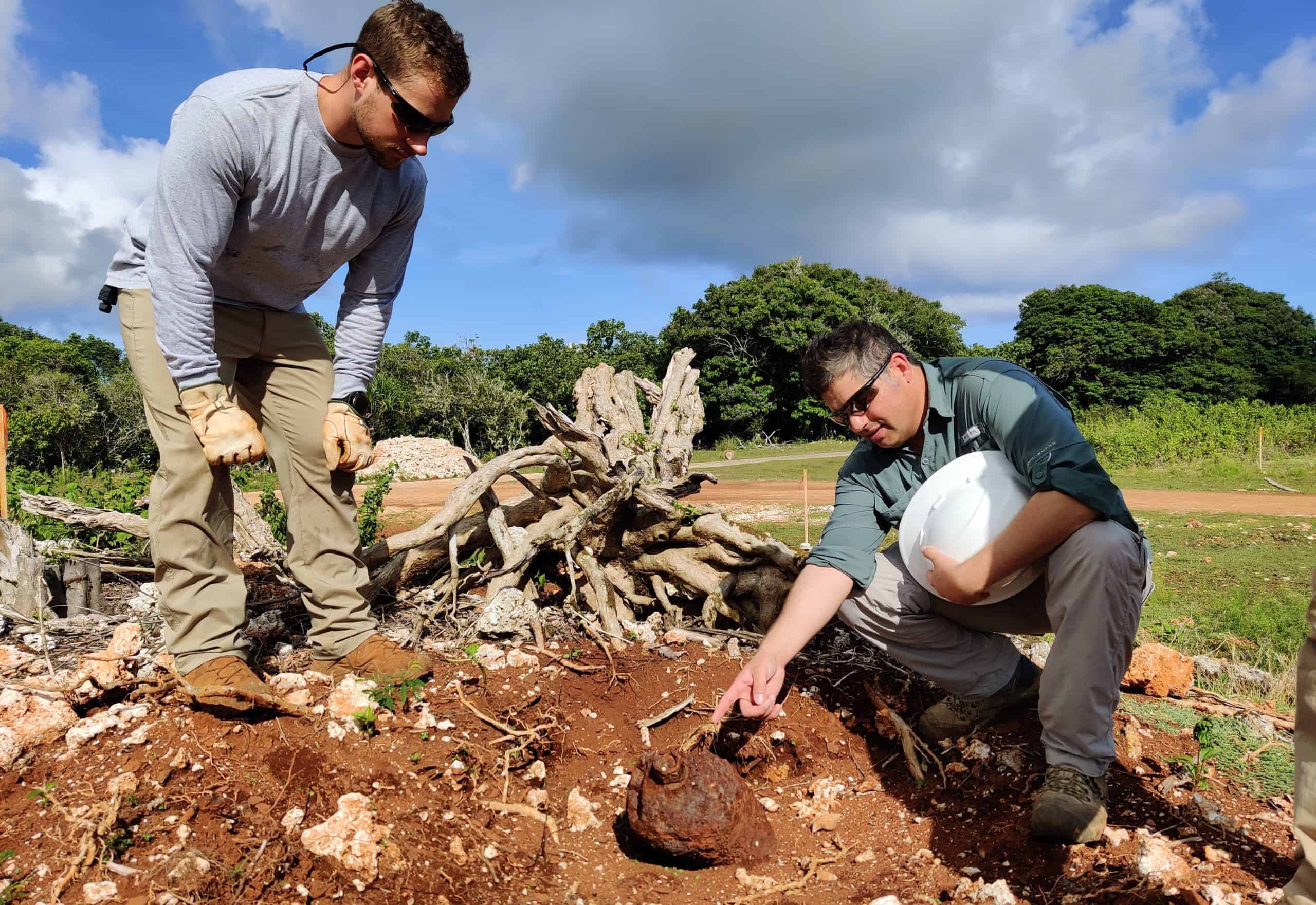Inside the Hawthorne Army Depot, located in a remote area of western Nevada, munitions sit in storage—some of them waiting to be destroyed. The depot is the largest of its kind, covering 226 square miles. Ammunition and munitions are stored there either while awaiting to be demilitarized or to be stored away from potential threats.
What is Demilitarization?
Demilitarization, in simplest terms, refers to the process of making munitions, ammunition, or weapons mission-unusable. And yet it’s a process most are unfamiliar with. Defense Acquisition University defines demilitarization as “eliminates functional capabilities and inherent military design features” of the equipment in question. This may include mutilating, melting, burning, detonating, cutting, or altering the equipment so it cannot be used as initially intended.
When and Why is Demilitarization Required?
In some cases, demilitarization is necessary simply because functionally a weapon or munition is obsolete, no longer serviceable, or no longer able to perform as designed. Demilitarization is also important so that munitions and technology don’t fall into the wrong hands. Every weapon or munition the military has—including mortars, projectiles, torpedoes, bombs, and their components —has a way to be demilitarized. As a simple example, demilitarizing a gun might entail breaking the stock and cutting the barrel so it never can be used again. A more complex example may include removing the explosive component using heat, or by mechanical means, and then destroying it by controlled detonation.
At the Hawthorne Army Depot, demilitarization is a highly controlled “industrial” process. In fact, most of the munition components at Hawthorne get recycled, not destroyed. Bullets, for instance, can be heated in such a way that the black powder inside burns up, and only the brass and steel remain. For certain projectiles, the grenades might be removed, while the steel is recycled. The explosives may be removed from bombs and torpedoes by melting them or applying steam and then recovering components for commercial use.
Broadly speaking, Acuity’s demilitarization experience has a long history. Before the current contract with Hawthorne, Acuity was part of demilitarization efforts in Iraq, during which captured enemy ammunition was demilitarized using controlled detonation on a massive scale – a very different environment than Hawthorne. The program included removing unexploded ordnance and ammunition located both on the surface and in the subsurface of numerous U.S.-occupied ammunition supply points, at abandoned explosive ordnance stockpiles, and in ammunition and weapons caches.
How is Demilitarization Done?
No matter the setting or situation, safety is always paramount during the demilitarization process. The reality is that demilitarization entails applying physical forces (heating, cutting) and/or disassembling munitions that were designed to explode with deadly force. Additionally, the munitions being demilitarized may not be in pristine condition, elevating the danger and complexity of processing the materials.
To ensure safety, every aspect of a demilitarization process is done following a very strict standard operating procedure (SOP). Those SOPs are developed, written, approved, reviewed, and tested on inert items before demilitarization begins.
Finally, machines and robots are making it so some demilitarization operations can be completed unattended. Demilitarization takes place in a variety of settings, on a variety of wartime technologies with the same end goal: safely disable the item, making it unable to achieve its original mission objective, and recycle as many of the components as possible.
Work With Us
Want to learn more about how we can help you with your demilitarization efforts? Contact us for more information.
 Check out our Munitions and Environmental Remediation solutions and connect with Mike Reynolds, Acuity’s President of Global Mission Solutions (GMS) at michael.reynolds@acuityinternational.com.
Check out our Munitions and Environmental Remediation solutions and connect with Mike Reynolds, Acuity’s President of Global Mission Solutions (GMS) at michael.reynolds@acuityinternational.com.


